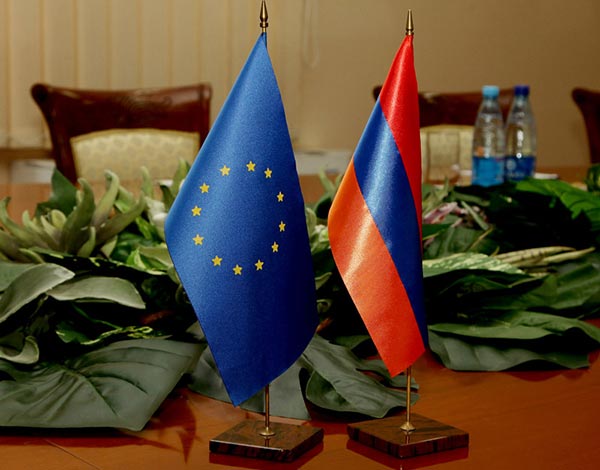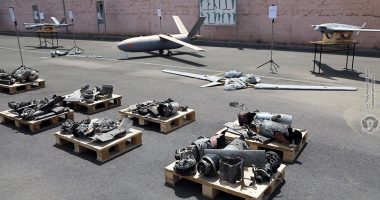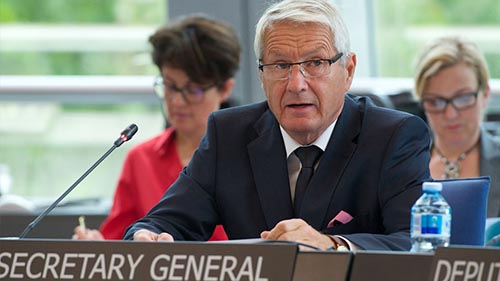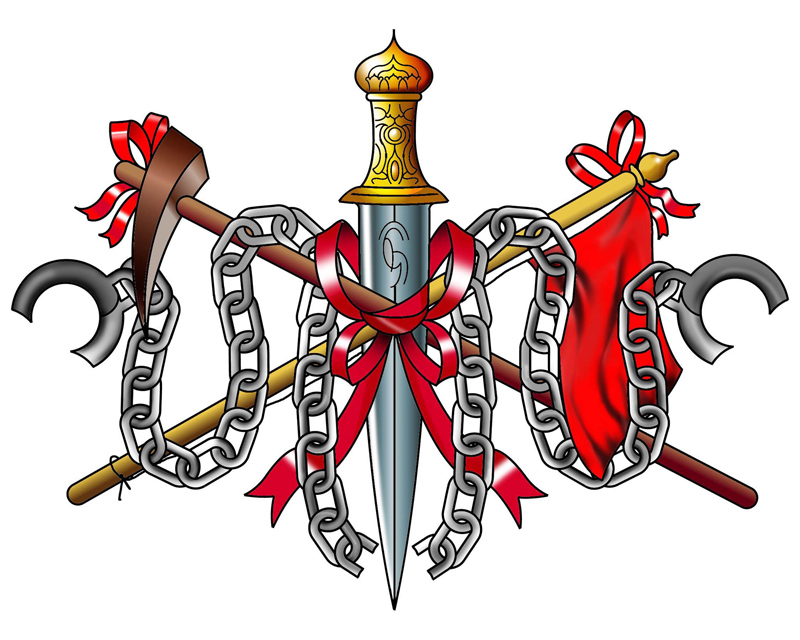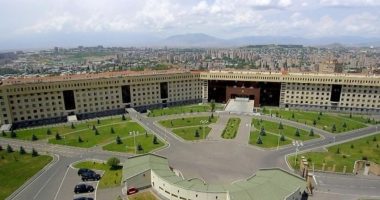BRUSSELS (RFE/RL) — The European Union’s executive body has asked the EU member states to authorize it to open official negotiations on a new agreement to deepen political and economic ties with Armenia, a senior official in Brussels said on Tuesday.
The deal would serve as a less ambitious substitute for an EU-Armenia Association Agreement which was all but finalized almost two years ago. The Armenian government precluded its signing after unexpectedly deciding in August 2013 to join the Eurasian Economic Union (EEU).
Yerevan has since been trying to work out a different legal framework for closer ties with the EU that would not run counter to its membership in the EEU. Earlier this year Armenian and EU officials identified concrete areas to be covered by it. The executive European Commission now needs a “mandate” from the EU’s member states for the start of official negotiations on the new accord.
According to the senior EU official, who did not want to be identified, the commission formally requested such permission on Tuesday. It remained unclear, though, whether the mandate could be issued during this week’s EU summit in Latvia’s capital Riga.
The summit slated for May 21-22 will focus on the EU’s Eastern Partnership program offering privileged partnership to six former Soviet republics. Three of them — Georgia, Moldova and Ukraine — have already signed association agreements with the EU.
The EU official confirmed that the planned deal with Yerevan will contain not only political but also economic provisions. “The new framework agreement with Armenia will certainly have a substantial trade and investment chapter,” he told reporters from Brussels.
“There will be certain areas which are not covered by [World Trade Organization] disciplines,” the official said. “For example, the fields of investment, procurements or some other areas where Armenia will be more free — these are also not covered by the Eurasian Economic Union — to provide for more market openings.”
The official stressed that unlike the scrapped Association Agreement, the planned deal will not envisage free-trade arrangements. He argued that just like the EU member states Armenia and the other ex-Soviet republics aligned in the EEU are not allowed to negotiate free-trade deals on their own.
According to Armenian government statistics, the EU remained Armenia’s leading trading partner last year, accounting for 26.6 percent of its commerce with the outside world. By comparison, the EEU’s share in Armenian foreign trade stood at 24.5 percent in 2014.

